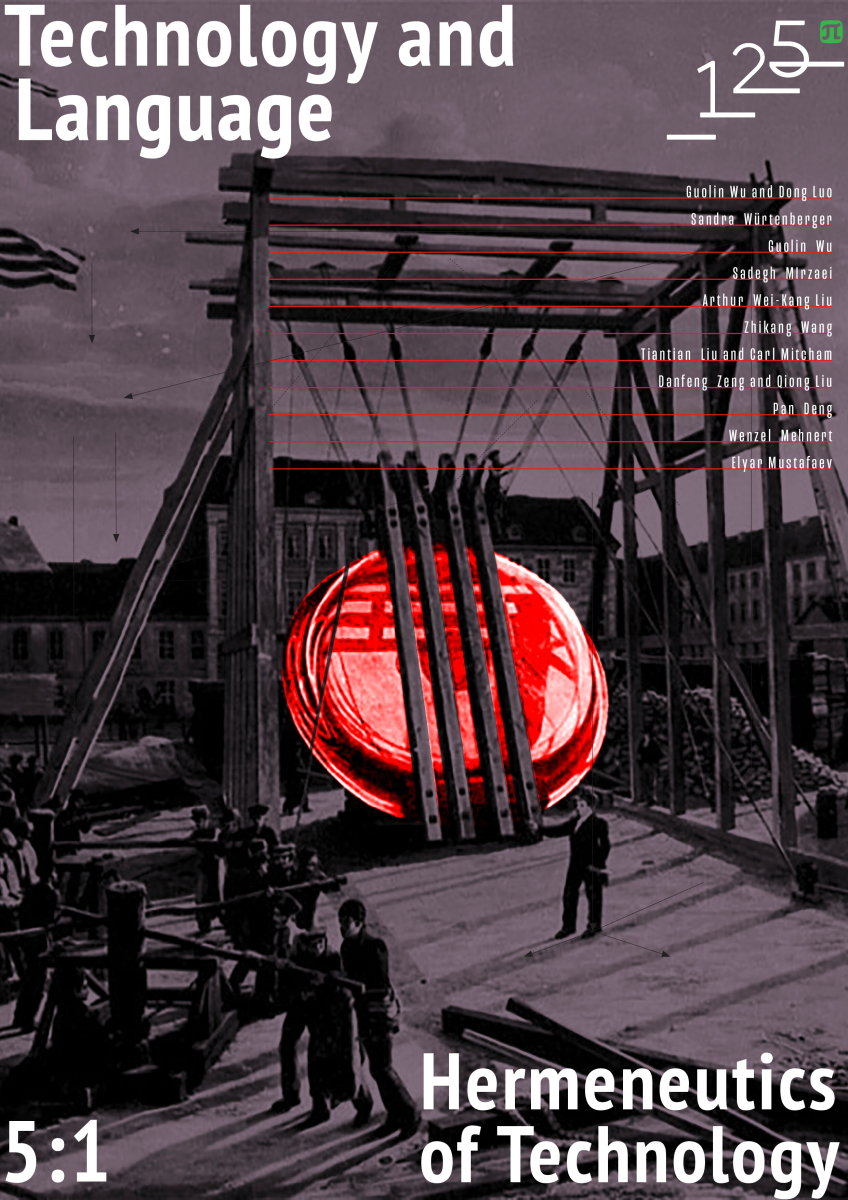Convergence of Foreign Language and Engineering Education: Opportunities for Development
Significant changes are taking place in the modern post-industrial world both in the technological sphere and in society. These changes require a review of the professional skills of future engineers. Critical thinking, well-developed communicative skills, creative approaches for professional problem solving, ability to independently set and solve production tasks and interdisciplinary research gained significance. The article analyzes the process of forming professional skills of future engineers to meet the requirements of modern society. Based on our working experience, creativity and critical thinking are quite difficult to form within the framework of teaching/learning one or more engineering disciplines. However, it can be facilitated by a closer interaction of the humanitarian and engineering disciplines in the tertiary educational environment. A blended teaching approach of integrating a foreign language into the engineering study is proposed. The foreign language contribution to stimulating critical thinking skills and maintaining learning motivation is crucial for future engineers’ training, which requires detailed consideration. The article highlights the importance of integrating the English language into a technical university curriculum based on the principle of problematization and verbalization of learning, using reflection exercises (reflection in action) and professional vocabulary acquisition. The authors present the results of professional vocabulary acquisition by students during the implementation of a pilot integrative course within one semester for international student competition training in the theory of mechanisms and machines.



